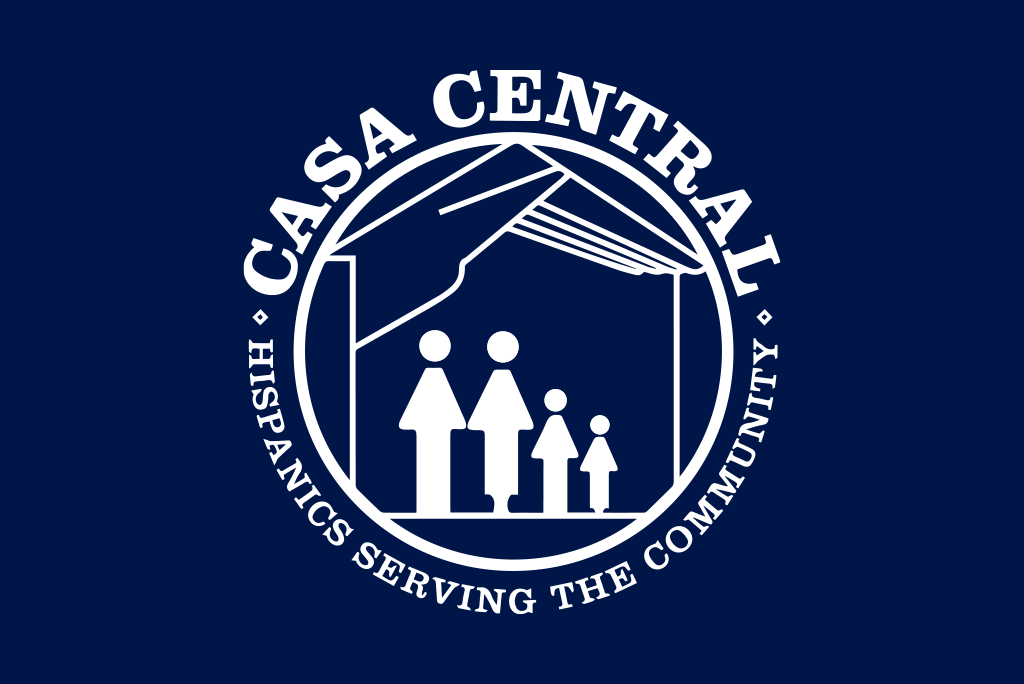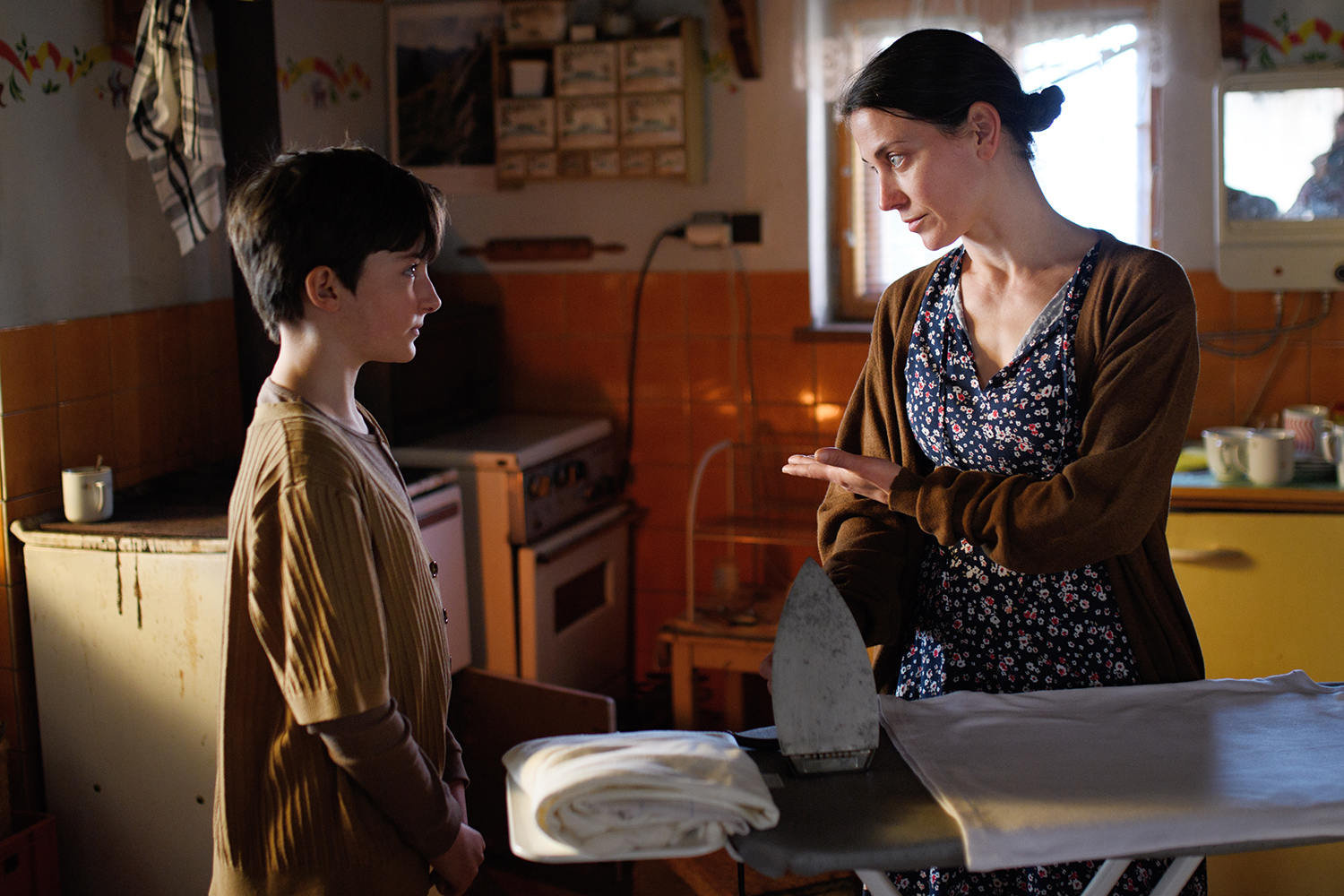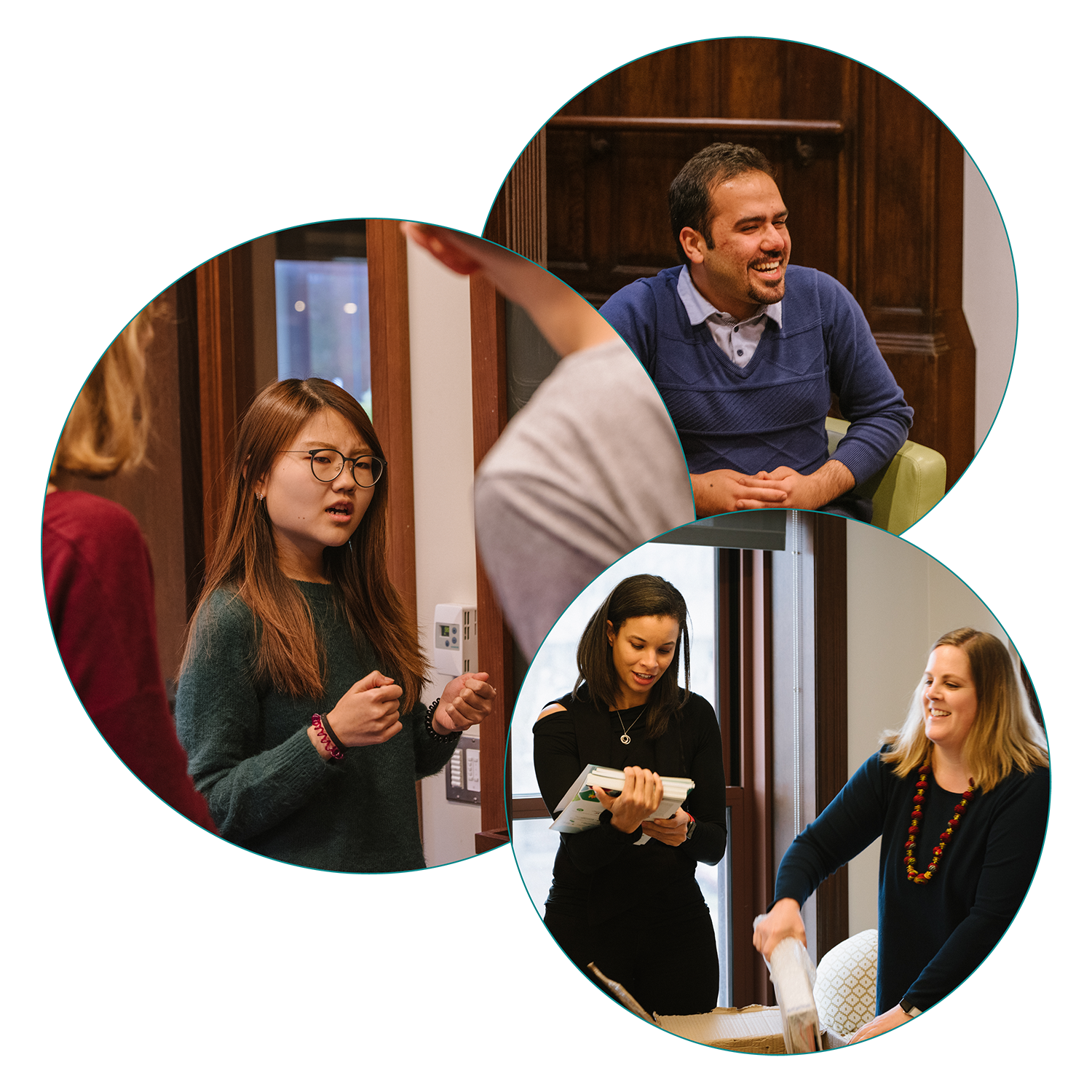
New research that takes a lifecycle approach to the study of human flourishing is presented and discussed. Join us.
CEHD Workshop Series
From Chicago’s neighborhoods to rural China, our work measures program impact and helps shape effective policies.
Learn More
Our ambitious research agenda takes aim at the biggest questions about sources of economic inequality—and you can help.
Support our Work
Featured Video: Rasmus Landersø Explains New Estimates of Social Mobility
HCEO member Rasmus Landersø of the ROCKWOOL Foundation explains a new way to measure social mobility across generations. It’s based on how parents use expectations of future income to decide how to invest in their children. By this measure, analysis of Danish income data shows we have been overestimating social mobility. Economic outcomes are more similar for individuals and their parents than previously found.
Learn more about the Denmark Project
Watch more HCEO interviews
Notable News

Parents and Opportunity Are Key to Social Mobility
Families are crucial in promoting flourishing lives and social mobility, but their impact is often left out of policy debates, Director James J. Heckman argues in a Newsweek op ed.Read the Op-Ed

CEHD Partners with Casa Central to Support Chicago Families
CEHD has selected Casa Central as its community partner in an ambitious home visiting program that will support Chicago families. The program aims to strengthen parents’ capacity to support their child’s early learning and skill development—the foundation for success in life.Read More

Intergenerational Mobility may be Substantially Overstated, New Study Shows
New research that refines measures of resources and well-being passed from parents to their children shows that current estimates of intergenerational mobility may be substantially overstated.Read More

Jamaican Early Childhood Stimulation Study Shows Benefits Last Through Age 31
A group of infants and toddlers in Jamaica who received developmental stimulation—via home visits and nutritional support—continue to show benefits from this intervention as adults three decades later, according to a new study published in the Journal of Child Psychology and Psychiatry.Read More
Featured Projects
Chicago Home Visiting Partnership
Babies begin learning before birth, and the skills they develop in the earliest years form the foundation they can build on throughout their lives. To help Chicago families make the most of this window for early development, CEHD has established the Chicago Home Visiting Partnership Program. Partnering with parents to support their child’s early learning in this randomized controlled trial will benefit Chicago’s children while advancing the science on learning and skill development.The Origins and Persistence of Inequality in Denmark
This project investigates the causes and nature of inequality and its persistence across generations. CEHD, in collaboration with researchers at the Rockwool Foundation and the University of Copenhagen, has accessed a rich array of longitudinal data on economic outcomes drawn from Denmark and the U.S. to analyze intergenerational inequality. This work is illuminating the mechanisms behind how parents’ resources and investments into their children, along with social influences, create opportunities for economic mobility.The China REACH Project
The Rural Education and Child Health project (China REACH) is a groundbreaking early childhood randomized control trial that is addressing the lack of research on early childhood interventions in developing economies. It evaluates the joint impact of China’s Children Nutrition Improvement Project in Poverty-stricken Areas (CNNIP) and the Jamaica Parenting and Psychosocial Stimulation Curriculum.
Learn more about our Team
Learn more about the History of our Offices


